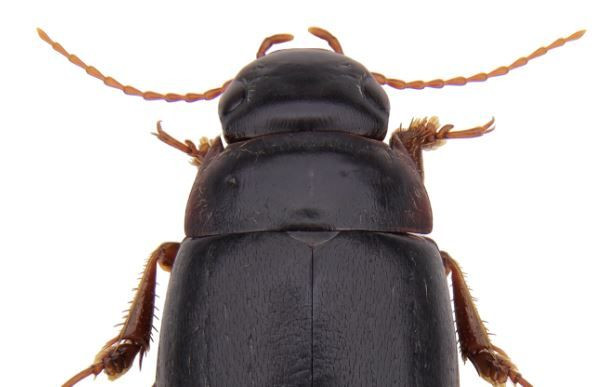New Diving Beetle Species: Capelatus Prykei Unearthed In Cape Town, South Africa

A new species of diving beetle unearthed in Cape Town has been called an “evolutionary relic.” The bug, now known as Capelatus prykei, was so unique from any other diving beetle in the world it was placed in a new category of its own, media reports said.
“Capelatus prykei immediately looks odd, quite unlike any previously known diving beetle. It’s fairly common to find new species of beetle, but it’s much less usual to find things which are so different they have to be put in their own genus,” David Bilton of Plymouth University in the United Kingdom, who led the new species identification process, said in a press statement Monday. “Our study of DNA sequences shows that the closest relatives of Capelatus live thousands of miles away, and they last shared a common ancestor around 30-40 million years ago.”
Scientists placed the diving beetle in its own genus because the bug’s size, feet, wing cases and genitalia were so different; its closest known relatives can be found around the Mediterranean and in New Guinea.
“This beetle’s a real evolutionary relic, which only seems to have survived in a very small area close to Cape Town, probably because this region has had a relatively stable climate over the last few million years,” Bilton said in the statement.
Bilton named Capelatus prykei after James Pryke, an entomologist from Stellenbosch University in the Western Cape who discovered the beetle in local wetlands in 2006 while researching arthropod conservation for his post doctorate studies. Pryke’s findings were then sent to Plymouth, Devon, for identification by Bilton, who realized samples were already collected on the Cape Flats in 1954 and were kept in the Natural History Museum in London, News24 in Cape Town reported. Bilton investigated the London samples along with Pryke’s findings and identified the specimens as a new diving beetle species, which was announced in a study published in the journal Systematic Entomology last month.
The study warned that Capelatus prykei is under threat as an isolated species, and conservation agencies should immediately take action to protect the diving beetle. South Africa’s Western Cape is one of the world’s hottest biodiversity areas and hosts a variety of endemic reptiles, amphibians, freshwater fishes and insects. Some of these species, like Capelatus, also lack close living relatives outside the region, British newspaper the Plymouth Daily in Devon said.
© Copyright IBTimes 2025. All rights reserved.





















